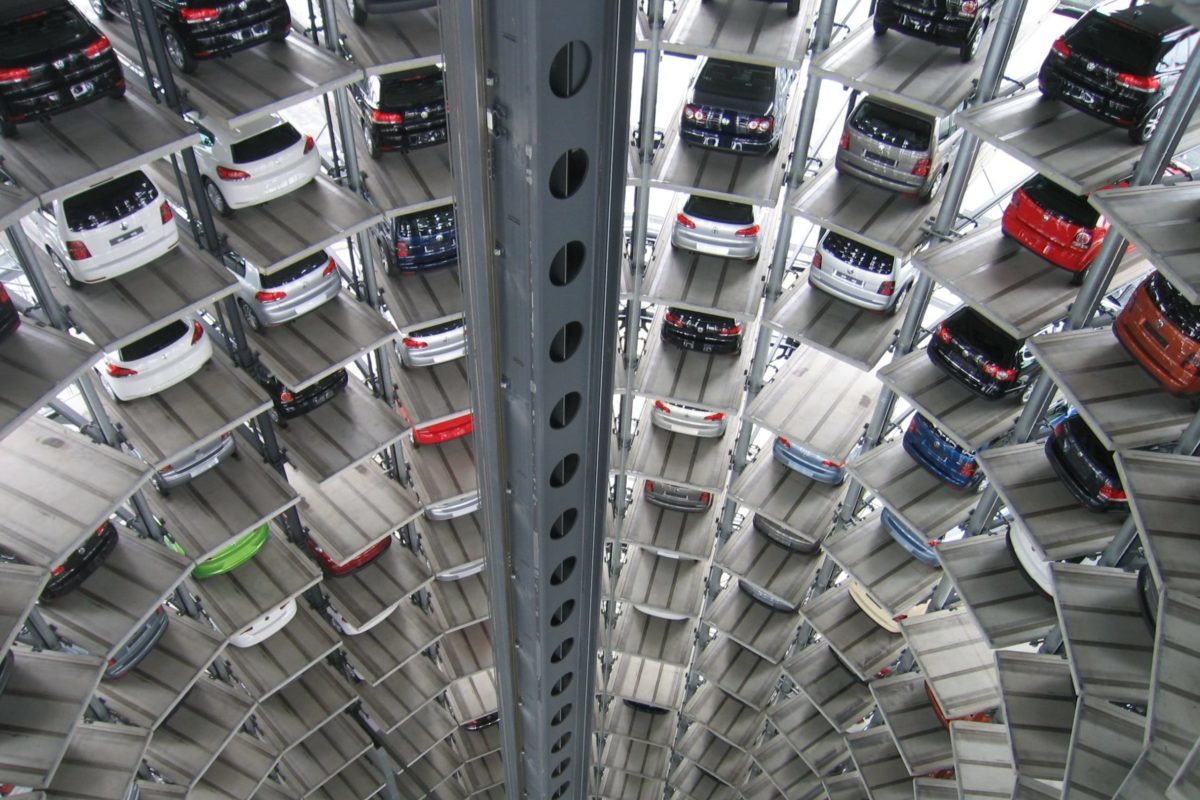It’s only logical to want to bring a vehicle into the business to claim as many costs as legally possible.
We’ll take a look on how to do this and then see if you should do this.
Adding the asset
The business needs to record the market value of the vehicle. If it’s purchased from a third party, market value is almost always the price you paid for it. However, if it’s your own vehicle or it comes from a related party (your mother, aunt, mate), then you need to take a look in Auto Trader or TradeMe Motors for a vehicle with the same year, make and model, and similar condition for the market value or our recommendation is to engage an external valuer.
Do I have to pay cash?
It’s not required. When adding the vehicle to business assets with no cash changing hands, transaction is recorded through Equity (for sole traders) and the Shareholder Current Account (for companies).
What expenses can my business claim?
As much as legally possible. This can be a complex area, so we’ve dedicated a separate blog.
Should the vehicle be in the business?
Pros
- We can claim depreciation on the vehicle so the higher the market value results in a higher depreciation expense.
- If the business is registered for GST, we can immediately claim GST on the market value.
- For sole traders – once you’ve completed your logbook, it’s valid for three years if there are no significant changes to the vehicle’s use.
Cons
- If the company purchases a high-end vehicle, this will impact on any private use calculation, which is usually based on 20% of cost (plus GST). Ouch!
- For sole traders and partnerships, you need to keep a log book for at least three consecutive months of the year.
But…
…if you use your own vehicle as a sole trader or for company purposes, the business can claim $1.04c (2024 tax year) per kilometre for up to 14,000kms.
It may actually work out to be more advantageous than any of the other methods mentioned above!
Conclusion
Before you jump to your own conclusions, have a chat with the Traktion team. We can give you a rough idea of the costs and benefits depending on your business structure and the vehicle’s value.
For reliable and independent valuations we recommend talking to Asset Valuations.
We love crunching numbers to get you the best position possible from a tax perspective!


